Querying, I think we all can agree, is a necessary evil: no one likes it. It generates a whole lot of inconvenience for writer and agency alike, and to engage in sending one out is to put one’s ego on the line in a very fundamental way. Rejection hurts, and you can’t be rejected if you never send out your work, right? So you can either try to lie low, keeping your dreams to yourself, or you can attempt to approach those high-and-mighty gatekeepers of the industry, asking to be let inside the Emerald City.
Sounds a lot like high school social dynamics, doesn’t it?
Just as many people stay away from their high school reunions because they fear exposing themselves to the judgment of people whom past experience has led them to believe to be shallow and hurtful, many, many writers avoid querying, or give up after just a handful of queries, because they fear to be rejected by folks they have heard are — wait for it — kind of shallow and prone to be hurtful.
There are a variety of ways to deal with such fears. One could, for instance, not query at all, and resign oneself to that great novel or brilliant nonfiction book’s never being published. Alternatively, one could query just a couple of times, then give up.
Or — and if you haven’t guessed by now, this would be my preferred option — you could recognize that while some of the people at the reunion may in fact turn out to be kind of unpleasant, you really only need to find the one delightful person who finds you truly fascinating to make the entire enterprise worthwhile.
You’ll be pleased to hear, though, that unlike a hapless ex-school kid gearing up to attend a reunion, there are certain things an aspiring writer can do before querying to increase the probability of a positive reception. Certain elements mark a query letter as coming from someone who has taken the time to learn how the publishing industry works.
Agents like writers who bother to do that, you know, and with good reason. Such new clients are much less time-consuming than those whose ideas of how books are sold bear only scant relation to reality. Aspiring writers harboring unrealistic expectations tend not only to express resentment when their work encounters stumbling-blocks — they often end up feeling disappointed when things are going well.
This isn’t at all uncommon, by the way; even very talented fledgling writers often harbor unrealistic ideas about how books find representation. Let’s face it, we all know at least one writer who has blithely sent off a query, expecting to receive in reply an immediate offer of representation, only to be astonished to learn that the agent to whom he sent it actually wants to read his manuscript before making a commitment. Chances are that you’re also acquainted with a writer, perhaps the same one, laboring under the illusion that a really good book will move from the query stage to publication, or at least an offer of publication, within a matter of weeks. Then there’s the writer flabbergasted when her query does not receive an instantaneous response, and the one stunned to realize that it often takes 3-6 months or even longer for an agent to get back to a writer about a submitted manuscript.
And hands up, anybody who also knows a writer who, after his first query was rejected (or, as has become increasingly common, did not generate a response at all), decides that there’s no need to query anyone else. If one agent rejected it, they all will, right?
Wrong on every point, I’m afraid. Chant it with me now, veterans of Queryfest, Part I: agents are individuals, with individual tastes; they represent specific book categories, not books in general; therefore, there is no such thing as a single manuscript — or a perfect query letter — that will please every agent, everywhere, every time.
The query letter structure I proposed last time — not the only one possible by any means, or even the only one that works; it’s just what has worked best in my experience — also frees the writer from the well-nigh impossible task of trying to cram everything good about a book into a single page.
Which is, I have noticed over the years, precisely what most aspiring writers try to do.
No wonder they get intimidated and frustrated long before they query the 50 or 100 agents (yes, you read that correctly) it often takes these days for a good book to find the right fit. To put this in perspective, a truly talented writer might well end up querying the equivalent of my entire high school graduating class before being signed.
Hey, I went to a small school. My class wasn’t even big enough to sustain exclusive cliques.
Believe it or not, a book project that generates masses of rejected queries is not necessarily a bad book concept, poorly written, or even unmarketable. Rejection is often a function of heavy competition, agent specialization, and aspiring writers not being aware of what information a query letter is supposed to contain.
Apart from doing the necessary homework to get a query that does contain the right information onto the desk of an agent who does habitually represent that type of book, the only way that I know to speed up that process is to make the query letter itself businesslike, but personable.
I sense some of you clutching your chests, all set to launch into a full-blown panic attack, but you can relax. I’m not talking about spilling your soul onto a single sheet of paper.
I’m talking about making your query letter unique. And not in the all-too-common misdefinition of the word as a synonym for special. I mean unique in its proper sense of one of a kind.
A tall order, you say? Well, keep in mind that the sole purpose of the query is to engender enough excitement in an agent (or, more commonly, in Millicent the agency screener: it is rare for agents at the larger agencies to read query letters themselves; Millicent’s the one getting the paper cuts) that she will ask to see a representative chunk of the book itself, not to reproduce what you would like to see on the book’s back jacket or to complain about having to work through an agent at all.
If either of the last two options made you chuckle in disbelief, good. Believe it or not, I’ve seen both turn up many, many times in unsuccessful query letters. Boasting and petulance both abound on the query page, and both tend to discourage positive response.
Now, I know that my readers are too savvy to do either of those things deliberately, but isn’t it worth sitting down with your query letter and asking yourself: could an exhausted Millicent — in a bad mood, with a cold, having just broken up with her boyfriend AND burned her lip on that over-hot latte yet again — possibly construe that letter as either?
Yes, querying is a chore, and an intimidating one at that. Yes, ultimately, it will be the agent’s job, not yours, to market your work to publishers. And yes, an agent or editor probably would have a far better idea of how to spin your book than you would.
Agents and their screeners are in fact aware of all of these things. You don’t need to tell them.
Your query letter needs to market your book impeccably anyway, in a tone that makes you sound like an author who loves his work and is eager to give agent and editor alike huge amounts of his time to promote it. Not a walk in the park, definitely, but certainly doable by a smart, talented writer who approaches it in the right spirit.
Sound like anyone you know?
So start thinking, please, about how to make your query the one that waltzes into the reunion with a positive attitude, not the one who storms in with a chip on its little shoulder. Or, heaven forefend, the one that doesn’t stick its nose through the door at all.
The gates of the Emerald City are not going to open unless you knock, people. I’ve said it before, and I shall no doubt say it again: the only manuscript that has absolutely no chance of getting published is the one that is never queried or pitched.
Yet even as I typed that, I could sense some ardor-deflation out there. “”My God,” the little voice in the back of my head which I choose to attribute to my readership shouts, “how on earth could anyone sound unique within the context of a single-page missive? How can I cram all I need to say to grab their attention in that little space, much less seem unique while doing it?”
Um, are you sitting down? You don’t actually have the entire page to catch their attention. To be on the safe side, figure you have only about five lines to convince them to keep reading.
Yes, you read that correctly. While you already have the heart medication and/or asthma inhaler at the ready, it seems like a good time to add: Millicent and her ilk do not read the vast majority of query letters to their ends.
Are you rending your garments and shouting, “Why, Lord, why?” Because the vast majority of query letters disqualify themselves from serious consideration before the end of the opening paragraph. They are, in fact, self-rejecting.
Hey, I told you to sit down first.
At the risk of repeating myself, this is largely attributable to aspiring writers’ not being aware of what information a query letter should contain. And should not: unfortunately, Americans are so heavily exposed to hard-sell techniques that many aspiring writers make the mistake of using their query letters to batter the agent with predictions of future greatness so over-inflated (and, from the agent’s point of view, so apparently groundless, coming from a previously unpublished writer) that they may be dismissed out of hand.
Like what, you ask? Here are some perennial favorites:
This is the next (fill in name of bestseller here)!
You’ll be sorry if you let this one pass by!
Everyone in the country will want to read this book!
Women everywhere will want to buy this book!
This book is like nothing else on the market!
There’s never been a novel/memoir/nonfiction book on this subject before!
And, of course, the all-time most common:
It’s a natural for Oprah!
Admittedly, Millicent sees this one less often since Oprah’s network show went off the air, but you’d be surprised at how little the demise of Oprah’s book club caused the frequency of this claim’s appearing in query letters to diminish. Five years ago, it wasn’t at all uncommon for Millicent to see this assertion ten or fifteen times per day.
I hate to burst anyone’s bubble (yet I do seem to be doing it quite a bit lately, don’t I?), but even back when Oprah’s book club was in full swing and concentrating on living authors, this claim was seldom credible to professional eyes, unless the author could legitimately include in the query the date upon which she was already booked to appear on the show. Ditto with all of the boasts above, actually: to Millicent, these are all absurd statements to discover in a query letter.
Yes, even if the book in question actually is the next DA VINCI CODE.
Why? Because these aren’t descriptions of the book; they’re back-jacket blurbs, marketing copy, equally applicable to (and equally likely to be true about) any manuscript that crosses their desks. After one has heard the same claim 1500 times, it starts to lose a little vim.
“Why do these queriers keep telling me that their books are unique?” Millicent grumbles, reaching for her fourth latte of the afternoon. “Why aren’t they SHOWING me?”
Ah, there’s the rub: assertions like these simply are not as effective at establishing a writer’s ability or a story’s appeal as demonstrating both practically, through well-written sentences and a summary containing lively and unusual details. At base, all of these hard-sell statements are reviews — and not, let’s face it, from the most credible source. Authors tend, after all, to be slightly partial to their own work.
Or so the pros surmise from the scads and scads of queries telling them point-blank that this book or that is terrific.
Even in the rare instances that these statements aren’t just empty boasts based upon wishful thinking, consider: whose literary opinion would you be more likely to believe in Millicent’s shoes, the author’s vague claim of excellence about his own book or another reader’s recommendation?
To put it another way, if someone you’d never met before came up to you on the street and said, “Hey, I bake the world’s best mincemeat pies, the kind that can change your life in a single bite,” would you believe him? Enough to stop in your tracks, giving up all hope of getting your errands done that morning, and ask him for information about his pie-making process? Based upon only his self-assessment, would you trustingly place that total stranger’s good-looking (or not) slice of God-knows-what into your mouth?
Or would you want some assurances that, say, this hard-selling yahoo knows something about cooking, had produced the pie in a vermin-free kitchen, and/or hadn’t constructed the mincemeat out of ground-up domestic pets?
Oh, you may laugh, but honestly, expecting an agent to ask to read a manuscript purely because you think it might sell well to a non-specific audience is the literary equivalent of that pie-pusher’s telling a passerby to open wide and swallow. Requesting manuscript pages means setting aside time (usually Millicent’s first, then, if she approves it, the agent’s) out of very busy schedules to engage in intensive reading. Why would agents and editors’ desire to hear about a new writer’s past publication history in a query — or educational background, or even platform — if not to try to figure out if that pie is made of reasonable materials and in a manner up to professional standards of production before agreeing to invest the time in ingesting it?
That’s why, in case you’ve been wondering, a good query letter includes what I like to call ECQLC, Eye-Catching Query Letter Candy, platform information and/or selling points that will make Millicent sit up and say either, “Wow, this writer has interesting credentials,” “Wow, this writer is uniquely qualified to tell this story,” and/or “Wow, this book has greater market appeal/a larger target audience/is significantly more important to human existence than I would have guessed.”
The crucial exclamation to elicit, obviously, is “Wow!” Not merely because Millicent honestly does enjoy discovering exciting new writing projects (yes, even though it’s her job to reject 98% of the ones that cross her desk), but because a query letter that mentions either the writer’s credentials or the book’s selling points is genuinely rare. It’s very much in your book’s interest, then, to include yours.
I sense some disgruntled muttering out there, do I not? “Here we go again, Anne,” some mutterers, well, mutter. “I can’t stand it when the pros start rattling on about platform. Isn’t that just code for we’re not interested in taking a chance on previously unpublished authors?”
Actually, it isn’t. Agents and their Millicents don’t ask to see platform information in queries in order to seem exclusionary toward previously unpublished writers (okay, not merely to seem exclusionary). They want it to be there because specific references to specific past literary achievements are signals to a quick-scanning screener that this is a query letter to take seriously.
As will an opening paragraph that states clearly and concisely why the writer decided to query this agent, as opposed to any other; a well-crafted single-paragraph elevator speech for the book; some indication of the target market, and a polite, respectful tone. The same basic elements, in short, as an effective verbal pitch.
Did some light bulbs just flicker on over some heads out there?
That’s right, campers — the difference between a vague boast and solid information about your book and why THIS agent is the best fit for it is actually a show, don’t tell problem, at base. Part of your goal in the query letter is to demonstrate through your professional presentation of your project that this is a great book by an exciting new author, not just to say it.
So you might want to eschew such statements as, “My friends say this is the greatest novel since THE GRAPES OF WRATH. It will move you to tears and rock you with laughter. It’s also a natural for Oprah.” You can make better arguments for your manuscript’s relevance.
“But Anne,” I hear some of you protest, “my book really is the best novel since THE GRAPES OF WRATH; several of my first readers/my writing teacher/my mother said so. Even if I did happen to be clutching the hems of their respective garments at the time, begging piteously for some positive feedback on my writing, isn’t it relevant in a query that I’m not the only human being that thinks I can write?”
Well, yes and no, garment-clutchers. Yes, you should mention in your query letter if someone of whom Millicent is likely to have heard and whose opinion she is likely to respect has said, preferably in writing, that your manuscript will revolutionize literature as we know it. At least if s/he meant it in a positive sense.
No, you should not bring up that someone of whom the literary world at large has never heard has compared you to Leo Tolstoy. Trust me on this one: it’s just going to sound like yet another boast
Think about it: why would someone who reads for a living just take a total stranger’s assurance that a manuscript is the most hilarious novel since TOM JONES? Professional readers tend to like to make up their own minds about how good a book is. Besides, how could Millicent possibly verify a review from a random person? For all she knows, your sainted and exceptionally literate mother has no taste in books at all, or any familiarity with the current book market. For all she knows, you just made up that writing teacher’s comment.
Oh, pick your jaws off the floor, quoters-of-others: of course, you weren’t intending to do such a thing, but you’d be astonished at how often queriers seem to pluck positive reviews from the ether. Unless you can legitimately cite a well-established author in your chosen book category — and believe me, Millicent will double-check the quote — or a household name other than Mom, your glowing review is all too likely to get dismissed as just another of the thousands of similar plugs our Millie sees every month.
Unless “Who is this person, and why should I care what he thinks?” is the response you were hoping to engender?
I hate to be the one to break it to you, but usually, Millicent will simply stop reading if a query letter opens with an empty boast like that, because to her, including such statements is like a writer’s scrawling on the query in great big red letters, “I have absolutely no idea how the publishing industry works.” Which, while an interesting tactic, is unlikely to get an agent or her screener to invest an additional ten seconds in reading on to your next paragraph.
That’s right, I said ten seconds: as much as writers like to picture agents and their screeners agonizing over their missives, trying to decide if such a book is marketable or not, the average query remains under a decision-maker’s eyes for less than 30 seconds. That doesn’t seem like a lot of time to make up one’s mind, does it?
Actually, it is ample for a query letter rife with typos and unsubstantiated claims about how great the book is to turn a professional reader off. Or one that fails to mention whether the book in question is fiction or nonfiction — another mind-bogglingly frequent omission. Or one that wastes too much valuable page space telling Millicent that the book will inevitably sell well, rather than providing her with enough information about the story for her to see why it will. Or one that asks her to read a kind of book her boss simply does not represent.
It’s more than enough time, in short, to reject a self-rejecting query.
Try not to blame Millicent for speeding through those missives, automatically ruling out the ones that contain common mistakes and omissions. I can’t stress enough that agency screeners do not reject quickly merely to be mean. It’s their job, and to a certain extent, developing pet peeves and shortcuts is a necessary psychological defense for someone handling hundreds of people’s hopes and dreams in any given day’s work.
Even the best-intentioned Millicent might conceivably, after as short a time as a few weeks of screening queries, start relying pretty heavily upon her first impressions. Consider, for instance, the pervasive misconception that business format is proper for either query letters or manuscripts. It isn’t: business format for letters is, as the name implies, appropriate for business letters; query letters should be in correspondence format, with indented paragraphs, and there’s a completely different standard format for manuscripts.
That may be counter-intuitive to some writers — writing is writing, isn’t it? — but to those who handle professional manuscripts for a living, it seems self-evident. “Why would a query and a manuscript be formatted identically?” Millicent asks, genuinely astonished at the very idea. “They have utterly different functions. And since the publishing industry prides itself on maintaining standards of literacy, why would we jettison indentation just because people in other types of business that have nothing to do with books decided some years ago that indenting paragraphs was optional? Shouldn’t it be obvious to anyone who has ever picked up a traditionally published book that indentation is far from obsolete?”
Indented paragraphs are, to put it bluntly, not only the industry standard, but proper in English prose. They are an idea whose time has not only come, but remains.
It’s also darned handy at screening time: improper formatting is the single quickest flaw to spot in either a query or manuscript. So why wouldn’t Millicent free up an extra few seconds in her day by rejecting paper query letters devoid of indentation on sight? Especially when empirical experience has shown her that aspiring writers who don’t use grammatically-necessary indentation in their query letters often eschew it in their manuscripts as well?
“But Anne,” some of you demand indignantly, and who could blame you? “What does indentation have to do with the actual writing in a manuscript? Or a query, for that matter?”
Potentially plenty, from Millicent’s point of view. Remember, the competition for both client spots at agencies and publication contracts is fierce enough that any established agent fill her typically scant new client quota hundreds of times over with technically perfect submissions: formatted correctly, spell- and grammar-checked to within an inch of their lives, beautifully written, AND the kind of book the agent has an already-established track record of representing. So there’s just not a lot of incentive for her to give a query with formatting, spelling, or grammatical problems the benefit of the doubt.
Some of you still don’t believe me about the dangers of using business formatting, do you? Okay, let’s take a gander at what Millicent expects to see, a letter formatted observing standard English rules of paragraph-formation:
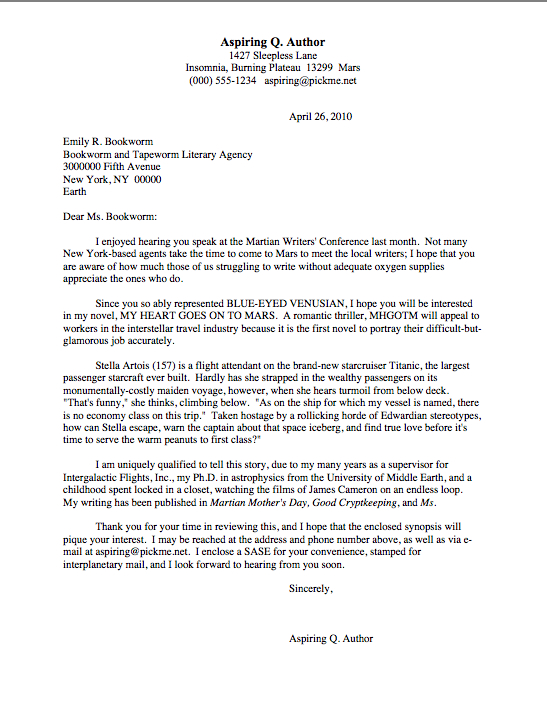
Now let’s take a look at exactly the same letter in business format:
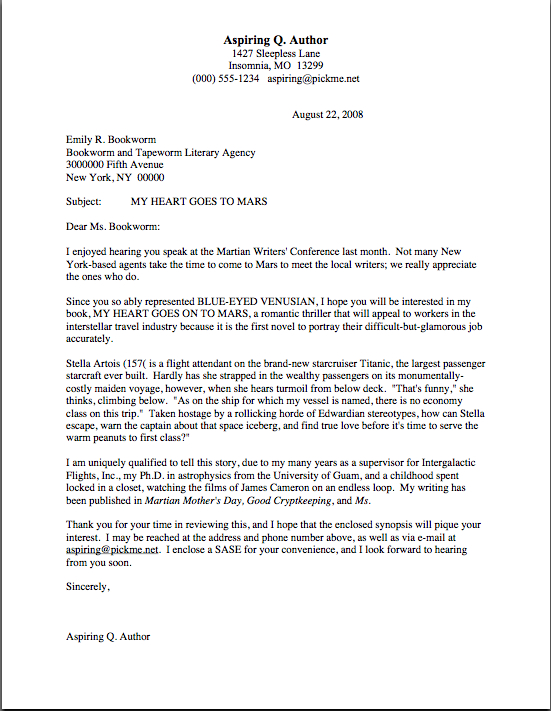
Interesting how different it is, isn’t it, considering that the words are identical? And isn’t it astonishing how many paces away a reader can be for the difference to be obvious?
Admittedly, to someone who has never seen a professionally-formatted query (or manuscript, for that matter) in person, it might not be so obvious. It also might not be obvious to those unfamiliar with correspondence format. Why, the very last time I used these examples at Author! Author! detail-oriented reader Kathy pointed out,
In your first example, you put a space between the indented paragraphs. But in our manuscripts, we don’t add that extra space.
So are we to add that extra space between indented paragraphs? And do we indent the paragraphs in an email query? I’m so confused!
I feel your pain, Kathy, but frankly, Millicent wouldn’t: the rules governing manuscript format are simply different from those governing correspondence. That’s always been true (at least since the advent of typewriters in the mid-19th century), yet many queriers seem to find it confusing. That generally comes as a surprise to folks in the publishing industry, because it would simply never occur to them that anyone would confuse a manuscript with a letter, or indeed, that anyone would believe that all writing on paper should be formatted identically. Thus the relative intolerance of business format I mentioned above.
To clear up the confusion, queries CAN have a skipped line between indented paragraphs, but it’s optional. They should be single-spaced (and limited to a single page), printed on only one side of the page (not all that difficult for a single-page letter), and have one-inch margins. Queries also have left-justified salutations and addresses, as well as middle-justified closing compliments and signatures.
Book manuscripts, on the other hand, are double-spaced, with no skipped line between paragraphs except to indicate breaks between different sections of text. Their paragraphs must always be indented — the practice of not indenting the first paragraph of a chapter is found only in published books, not properly-formatted manuscripts. They have slug lines (and if any of this is news to you, run, don’t walk to the aptly-named HOW TO FORMAT A BOOK MANUSCRIPT category on the archive list at right.)
So manuscripts really don’t look anything like letters, when you come right down to it. Nor do they look like e-mails.
A writer could get away with non-indented paragraphs in an e-mailed query these days, but it’s certainly not mandatory. As I mentioned, the Internet and most e-mail programs are set up for business format (i.e., no indentation, single-spaced). Thus, most e-mails are single-spaced with a skipped line between paragraphs, non-indented paragraphs, and left-justified closing and signature. Because that is the norm for e-mailed communications, that format is perfectly acceptable for an e-mailed query.
In a paper query, though, non-indented queries tend to be self-rejecting. Ditto with requested materials, even if you are sending them via e-mail. (Unless her agency specifies otherwise, Millicent will expect you to send any requested pages as Word attachments, not as inserts in the body of an e-mail; thus, all pages should include indented text. FYI, agencies that tell queriers to include sample pages or chapters with their queries are not technically requesting material: they simply like for Millie to have more information at her fingertips before she makes a decision. For an in-depth discussion of the differences between query packets and submission packets, please see the HOW TO PUT TOGETHER A QUERY PACKET and HOW TO PUT TOGETHER A SUBMISSION PACKET on the archive list at right.)
“Wait just a paper-wasting minute!” indentation-avoiders everywhere cry. “Let’s go back to that bit about non-indented queries being self-rejecting. Standards have changed; e-mail has eliminated the need for observing traditional paragraph standards in any context. Besides, at the risk of repeating ourselves, it’s the writing that counts, not the formatting.”
I understand the logic, of course, but it simply doesn’t apply at the query stage: Millicent cannot possibly judge the manuscript’s writing until she has requested and read the manuscript, right? A query is judged on different criteria (and yes, Virginia, I shall be going over those criteria in detail later in the series.)
Even if it were not, the agent for whom she works couldn’t possibly submit a manuscript devoid of indented paragraphs to a publisher, period; no amount of argument is going to convince Millicent otherwise. Demonstrating a familiarity with the location and function of the TAB key, then, is a pretty good idea.
Besides, not all businesses work in the same way. As anyone who works in an agency or publishing house would no doubt be delighted to tell you, there are many, many ways in which publishing doesn’t work like any other kind of business. One does not, for instance, require an agent in order to become a success at selling shoes or to become a well-respected doctor.
If you’re looking for evidence of the biz’ exceptionalism, all you have to do is walk into a bookstore with a good literary fiction section. Find a book by a great up-and-coming author that’s sold only 500 copies since it came out last year, and ask yourself, “Would another kind of business have taken a chance like this, or would it concentrate on producing only what sells well? Would it continue to produce products like this year after year, decade after decade, out of a sense of devotion to the betterment of the human race?”
Okay, so some businesses would, but it’s certainly not the norm.
Yet almost invariably, when I try to tell them that publishing is an old-fashioned industry fond of its traditions, that agents and their screeners tend to be people with great affection for the English language and its rules, and that a savvy querier should therefore be only too delighted to curry favor with these fine people by means as simple as hitting the TAB key from time to time, I receive the same huffy reply from writers who dislike indenting: some version of, “Well, I heard/read/was told that a query/marketing plan had to be businesslike. Therefore, it must be in business format. QED, tradition-hugger.”
I’m always glad when they bring this up — because I strongly suspect that this particular notion is at the root of the surprisingly pervasive rumor that agents actually prefer business format. Agents do occasionally state point-blank at conferences, in interviews, and even in their submission guidelines that they want to receive businesslike query letters. But businesslike and business format are not the same thing. Businesslike means professional, market-savvy, not overly-familiar — in short, the kind of query letter we talked about last time.
Business format, on the other hand, doesn’t dictate any kind of content at all; it’s purely about how the page is put together. There’s absolutely nothing about it, after all, that precludes opening a query with the threat, “You’ll regret it for the rest of your natural life if you let this book pass you by!”
All of these negative examples are lifted from actual query letters, by the way. My spies are everywhere.
All that being said, there’s another reason that I would strenuously advise against using business format in your query letters. A comparative glance at the two letters above will demonstrate why.
Take another look, then put yourself in Millicent’s shoes for a moment and ask yourself: based upon this particular writing sample, would you assume that Aspiring Q. Author was familiar with standard format? Would you expect Aspiring’s paragraphs to be indented, or for him/her (I have no idea which, I now realize) NOT to skip lines between paragraphs?
Okay, would your answer to those questions change if you had a hundred query letters to read before you could get out of the office for the day, and you’d just burned your lip on a too-hot latte? (Millicent never seems to learn, does she?)
No? Well, what if it also contained a typo within the first line or two, had odd margins, or began with, “This is the best book you’ll read this year!” or some similar statement? Wouldn’t you be at least a LITTLE tempted to draw some negative conclusions from the format?
Even if you wouldn’t, Millicent would — and perhaps even should. Why? Because although most aspiring writers seem not to be aware of it, every sentence a writer submits to an agency is a writing sample. And every page is proof that a writer not only has taken the time to learn the norms of the industry — like, say, that queries and manuscripts should be formatted differently — but is conscientious enough to be able to follow them consistently without coaching.
Why, yes, that is quite a lot to read into something as simple as how a writer chooses to format a query, or whether he knows not to open it with his best friend’s immortal assertion that the novel being queried is fated to sell better than JAWS, PEYTON PLACE, and the entire TWILIGHT series combined. But when a stranger comes up to sell you a meat pie, you’re going to be looking for whatever clues you can to figure out if he’s on the up-and-up before you take a bite out of it.
I can feel some of you getting depressed over this, but actually, I find it empowering that the high rejection rate is not arbitrary. Quick rejections are not about being mean or hating writers — they’re about plowing through the mountains of submissions that arrive not only daily, but since the advent of e-mail, hourly. Lest we forget, the average agency receives 800-1500 queries per week, and that’s not counting the post-Labor Day backlog or New Year’s Resolution Rush, folks. Agents and screeners have a very strong incentive to weed out as many of them as possible as rapidly as possible.
That’s why, in case you were wondering, that agents will happily tell you that any query that begins “Dear Agent” (rather than addressing a specific agent by name) automatically goes into the rejection pile. So does any query that addresses the agent by the wrong gender in the salutation. If you’re unsure about a Chris or an Alex, double-check the agency’s website; they often list bios with pronouns in them. If that fails, call the agency and ask whether the proper salutation is Ms. or Mr.; no need to identify yourself as anything but a potential querier.
And, of course, the most obvious self-rejecter of all, any query that is pitching a book in a category the agent is not looking to represent. Yes, even if the very latest agents’ guide AND the agency’s website says otherwise. Queriers don’t get to play rules lawyer; you’re just going to have to accept that these people know what their own connections are.
You are sitting down, are you not? Good, because what I have to say next may come as something of a shock: each of these self-rejecting queries will, in all probability, generate exactly the same form rejection letter as queries that were carefully considered, but ultimately passed upon.
So how precisely is an aspiring writer to learn what does and doesn’t work in a query? By finding out what Millicent has been trained to spot — and learning what appeals to her.
A great place to start: go to writers’ conferences and ask individual agents about what kind of queries they like to see, so you may compare their answers. Attend book readings and ask authors about how they landed their agents. Take writers who have successfully landed agents out to lunch and ask them how they did it.
Sound like a lot of trouble? You’re not alone in thinking so, I assure you. There’s a reason I revisit this topic so thoroughly once a year; I’m just trying to save you a little legwork.
However you decide to go about learning the ropes, do not, whatever you do, just assume that what works in other kinds of marketing will necessarily fly in approaching an agent. Almost universally, agency guidelines specifically ask aspiring writers not to use the hard-sell techniques used in other types of business: writers seeking representation are expected not to telephone to pitch, send unrequested materials, or engage in extracurricular lobbying like sending cookies along with a query letter.
Instead, be businesslike, as befits a career writer: approach them in a manner that indicates that you are aware of the traditions of their industry. We shall be talking about how to go about that next time, naturally. Keep up the good work!


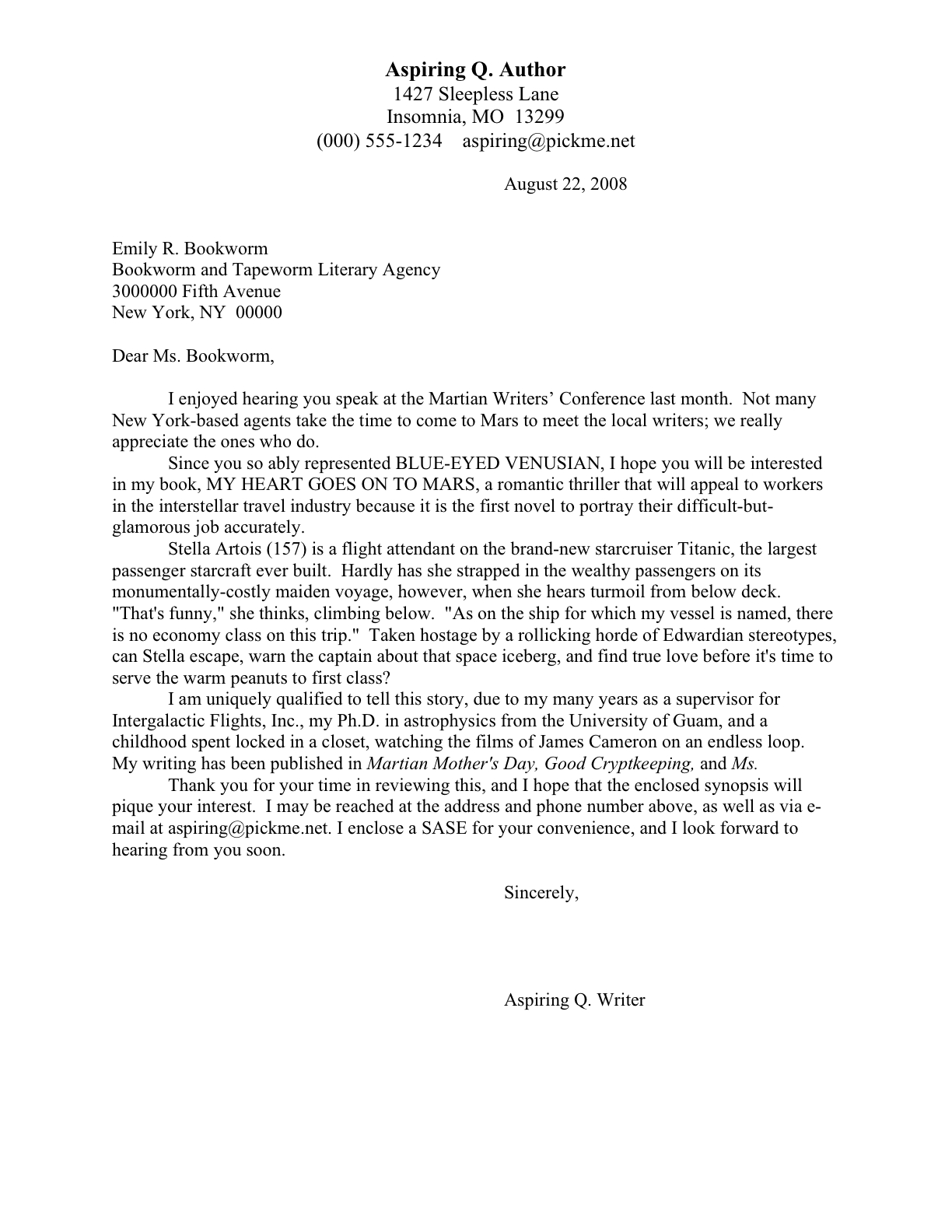



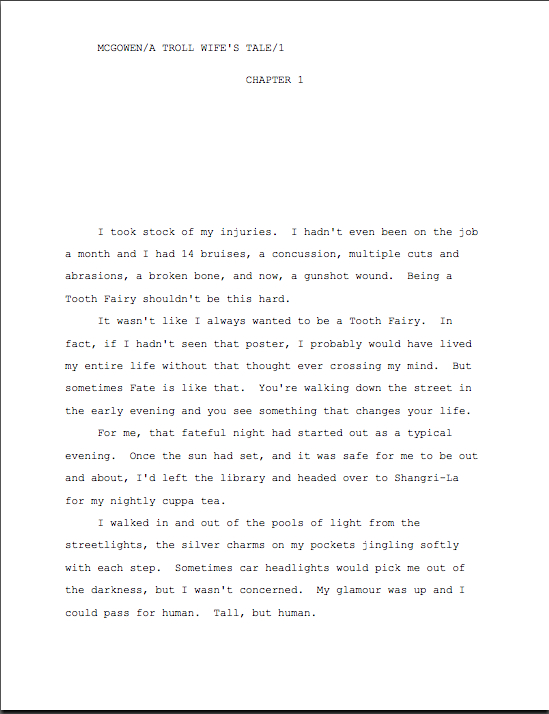
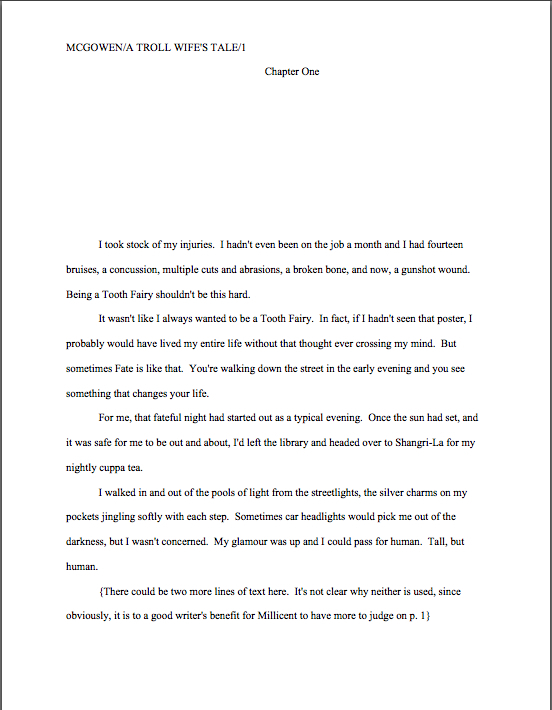
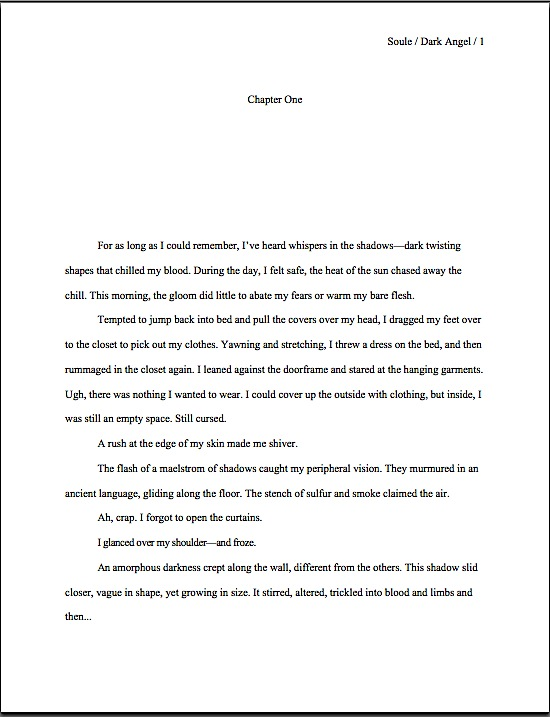
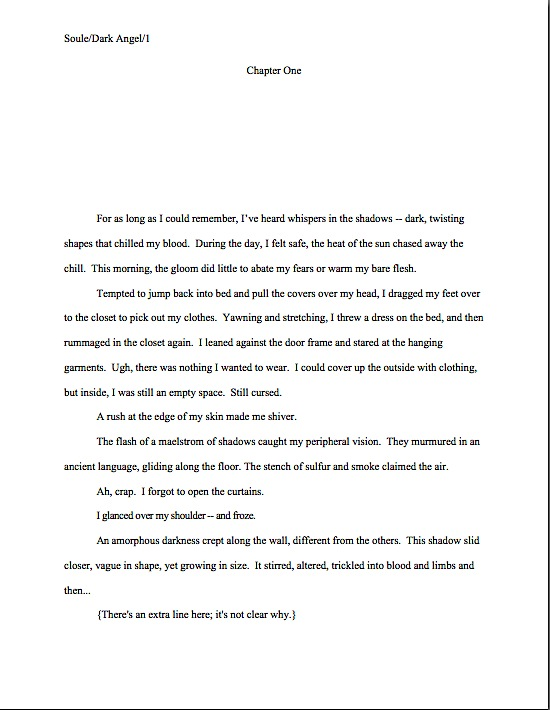
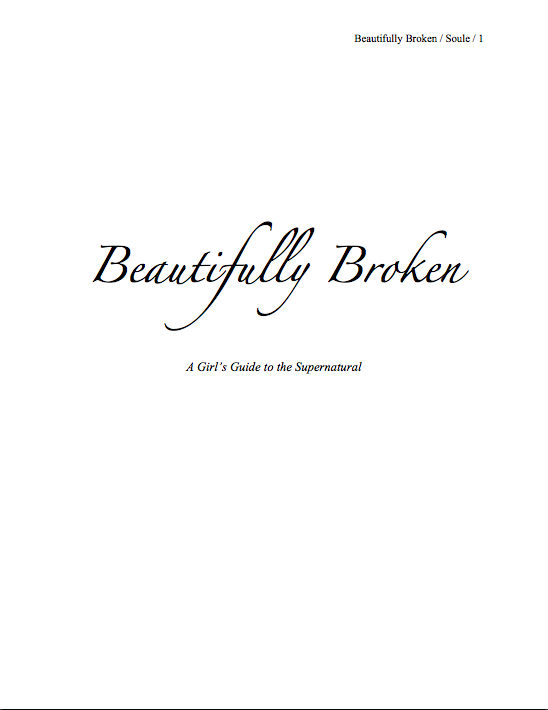
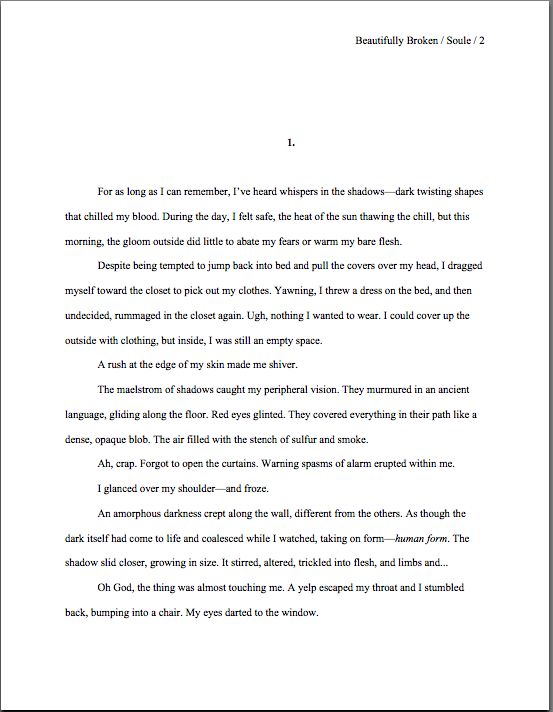
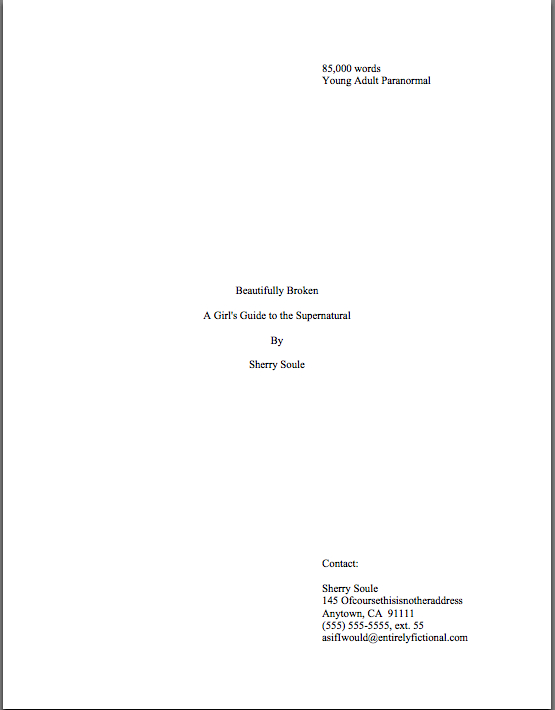
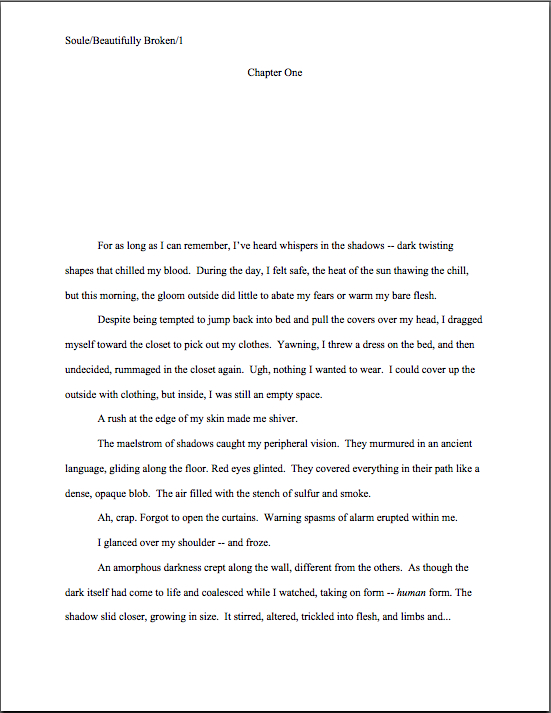
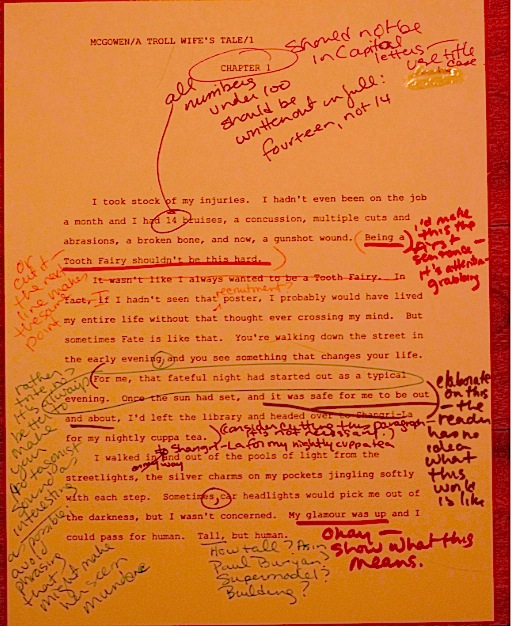
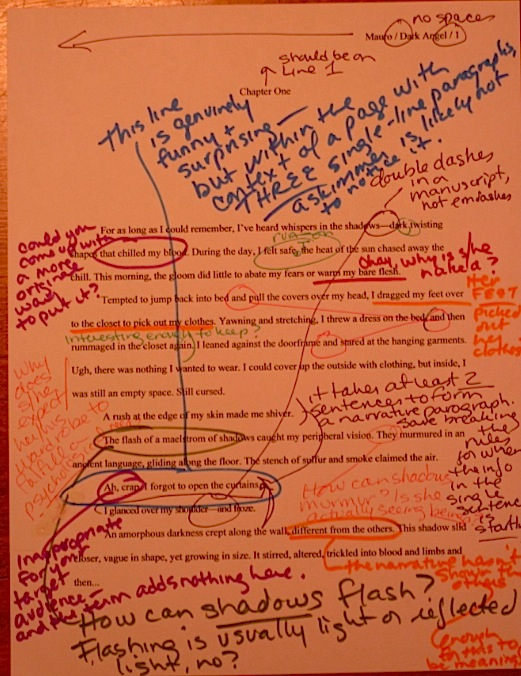


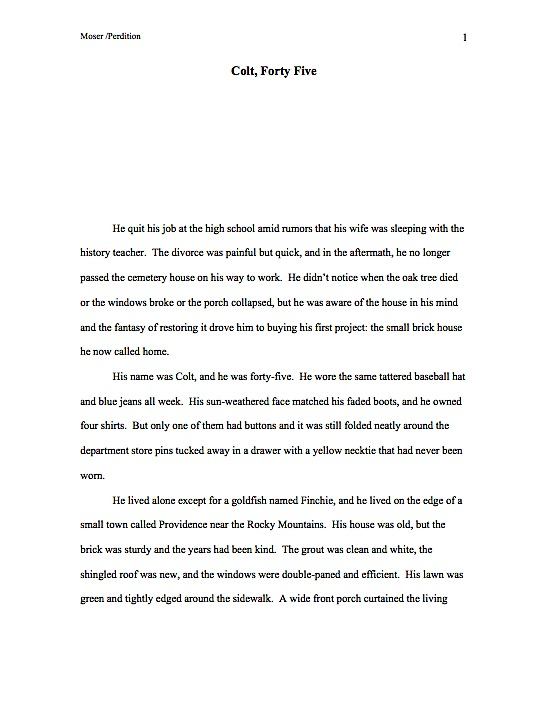

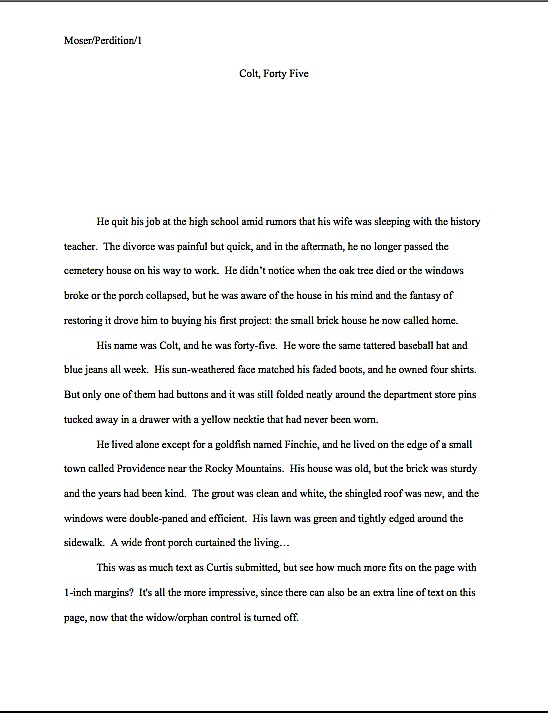
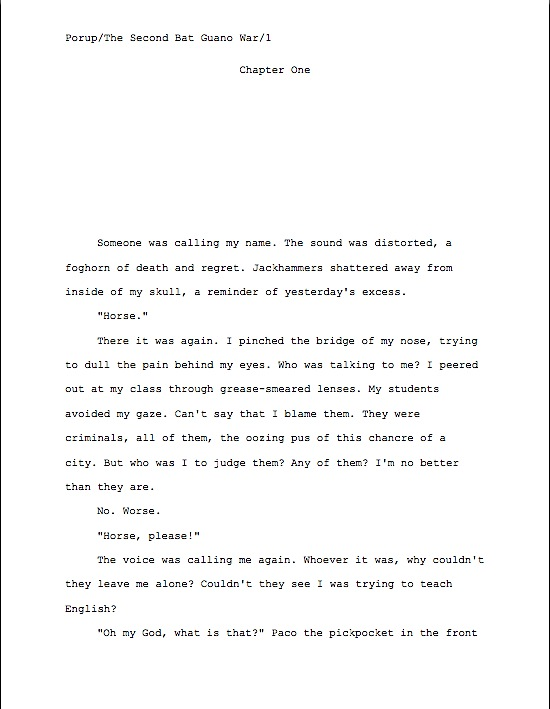
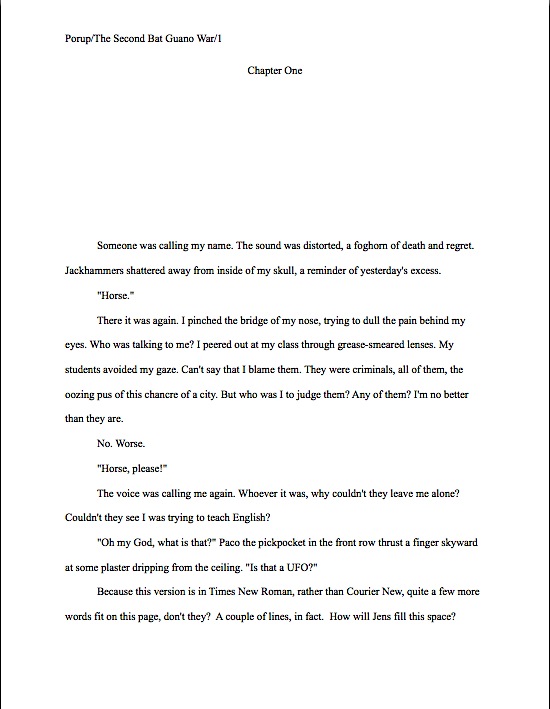
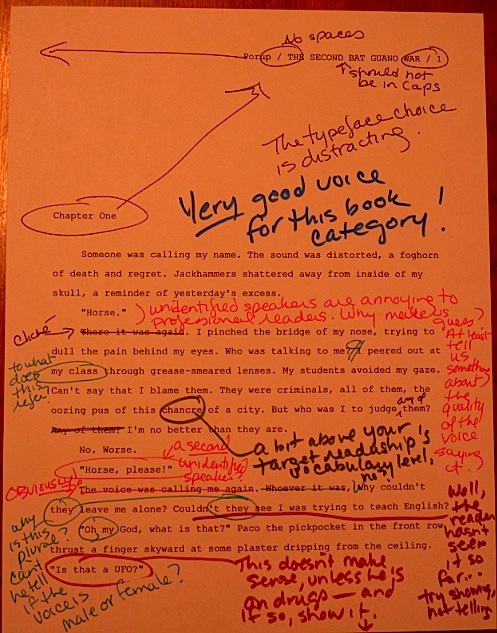
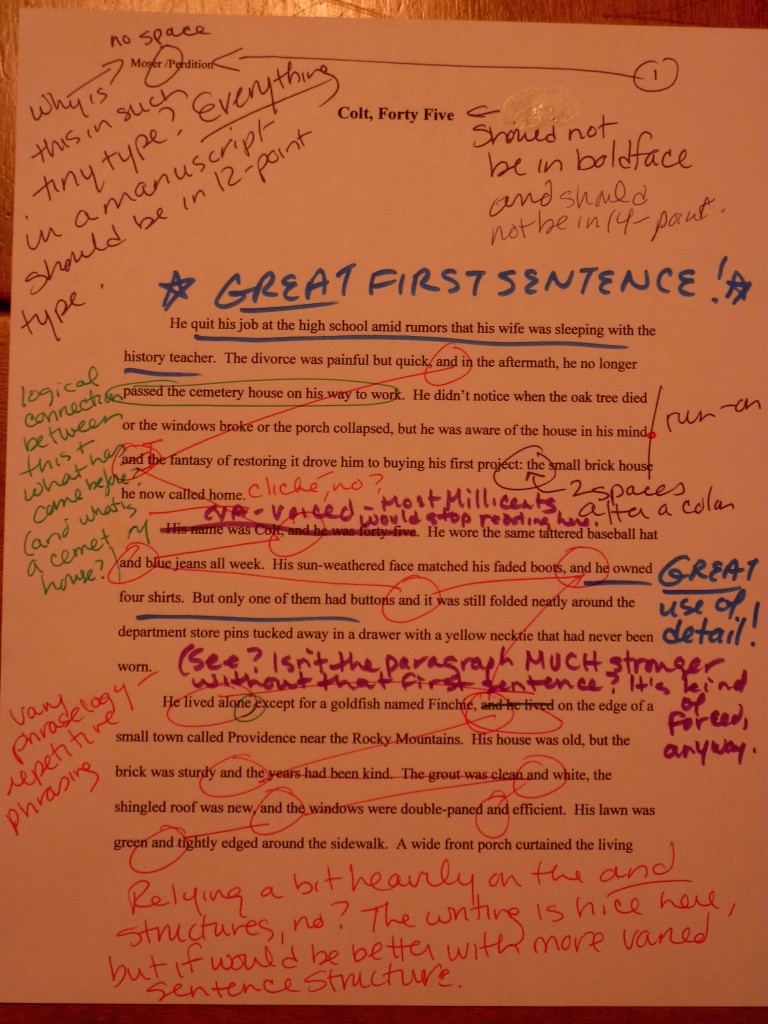
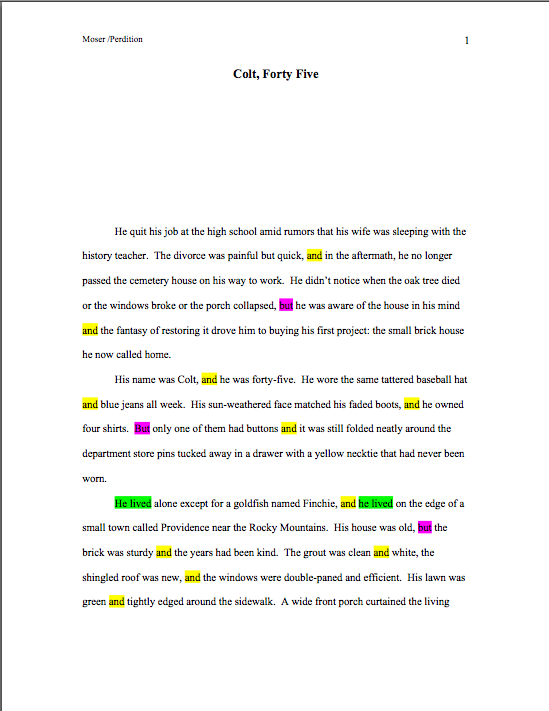

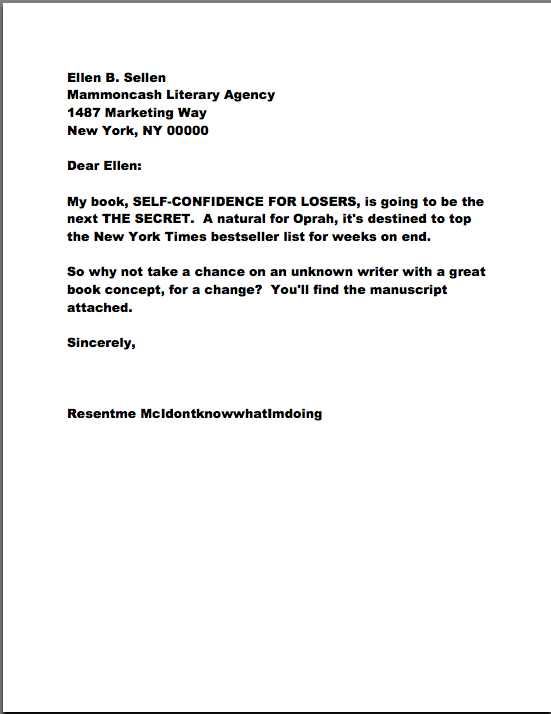
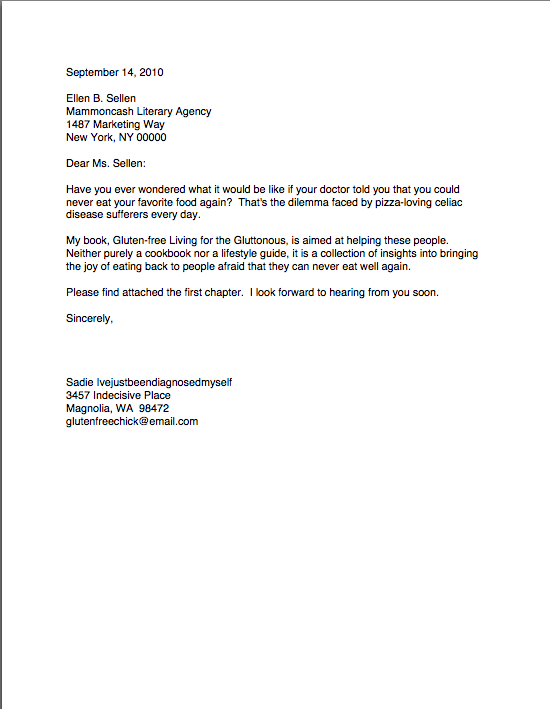
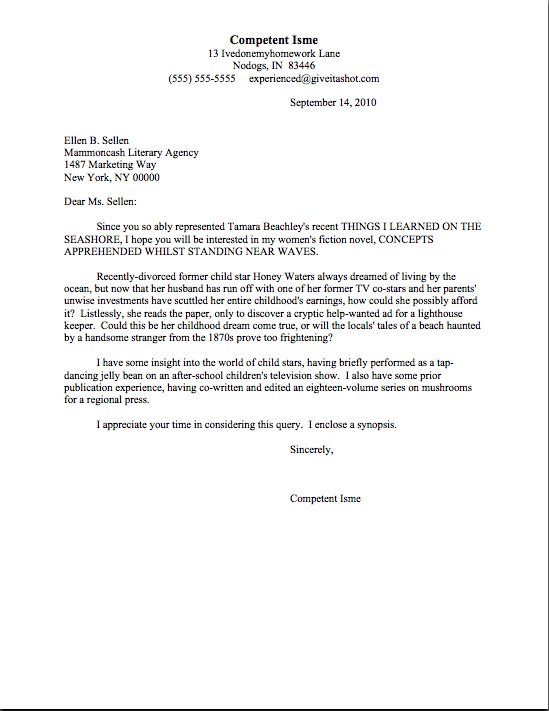
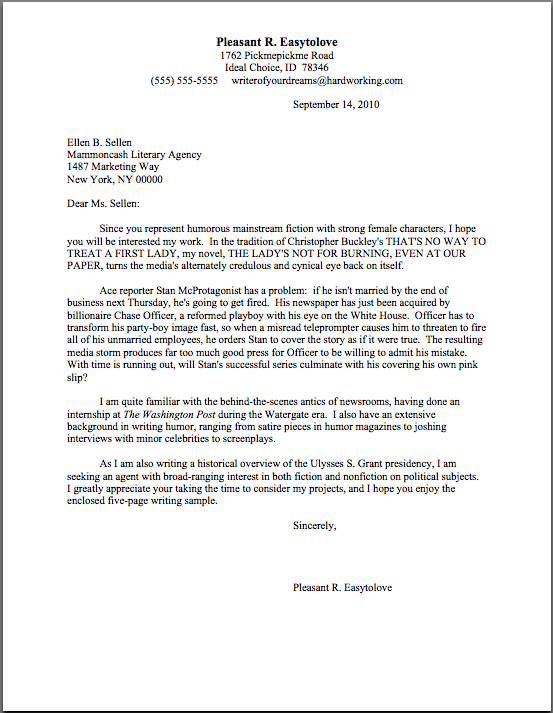



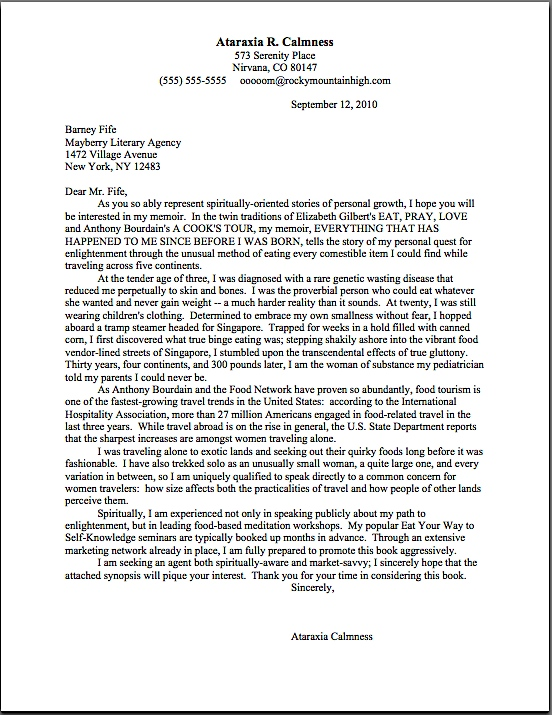
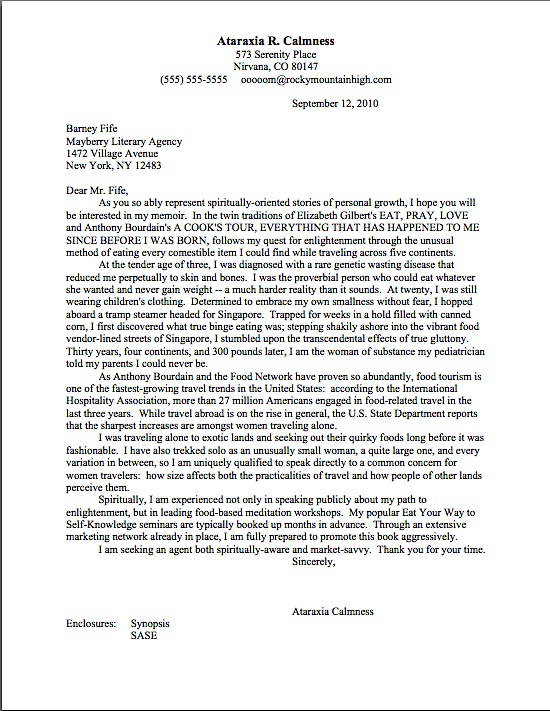
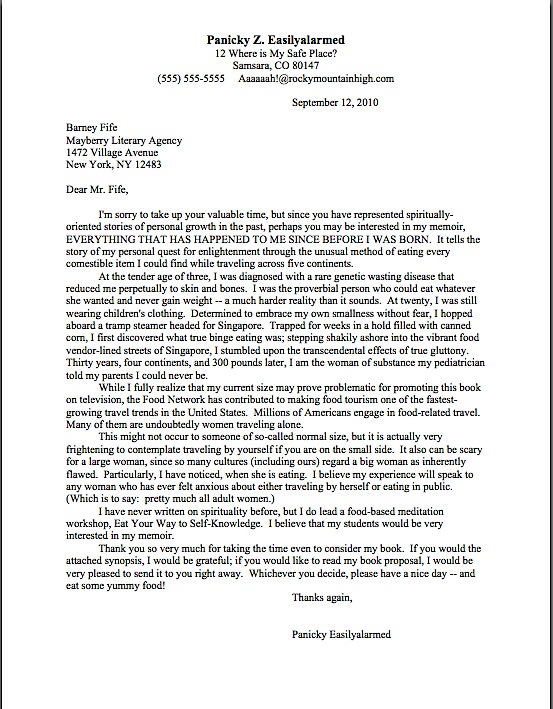
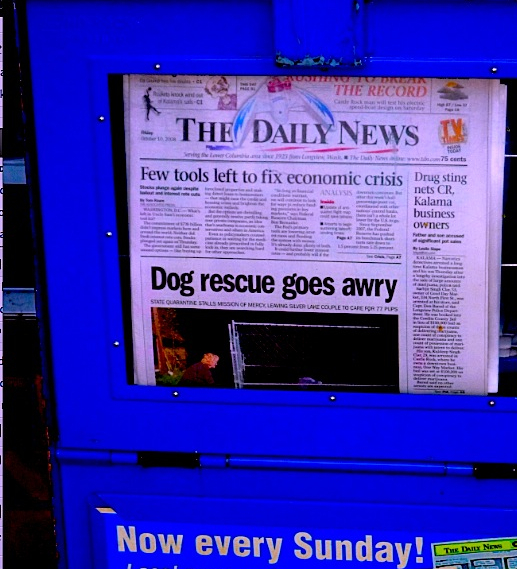
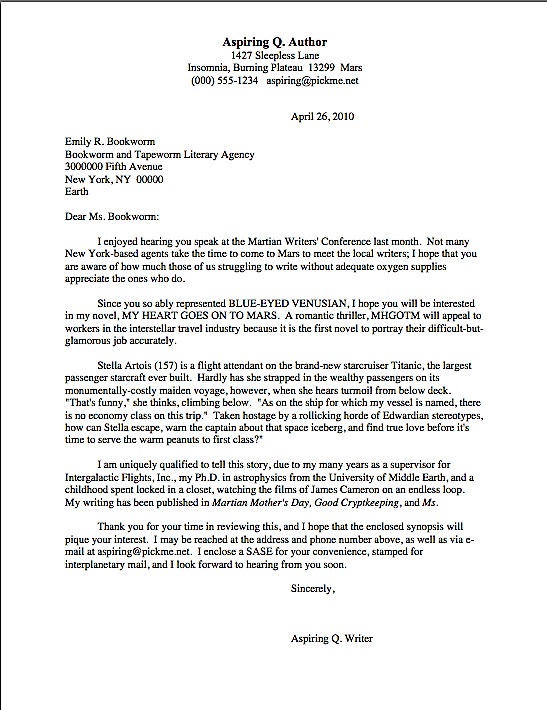
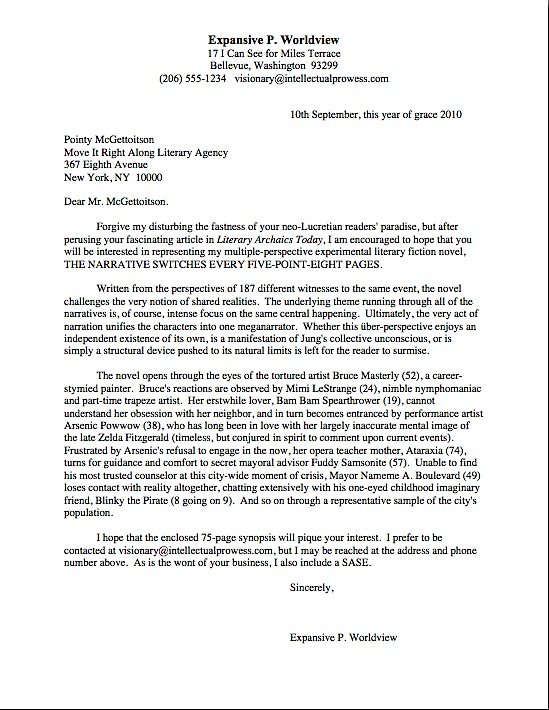
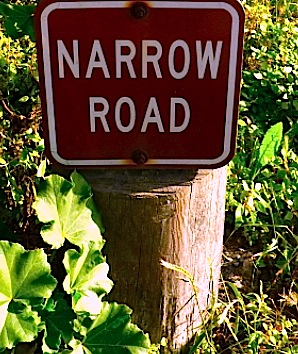

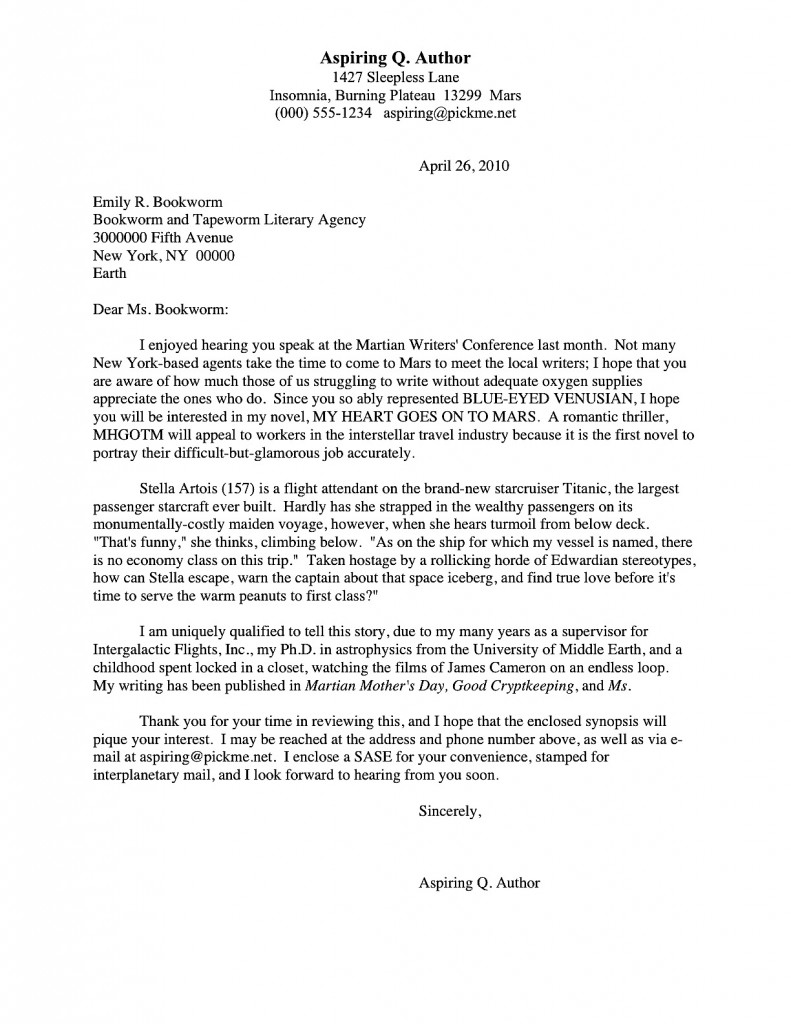
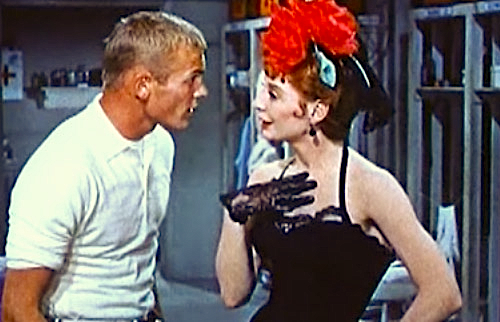

 Realistically, every English sentence a writer looking to sell a book places under an agent or editor’s nose is a writing sample: the query, the synopsis, the bio, the book proposal. Every paragraph is yet another opportunity to show these people that you can write.
Realistically, every English sentence a writer looking to sell a book places under an agent or editor’s nose is a writing sample: the query, the synopsis, the bio, the book proposal. Every paragraph is yet another opportunity to show these people that you can write.